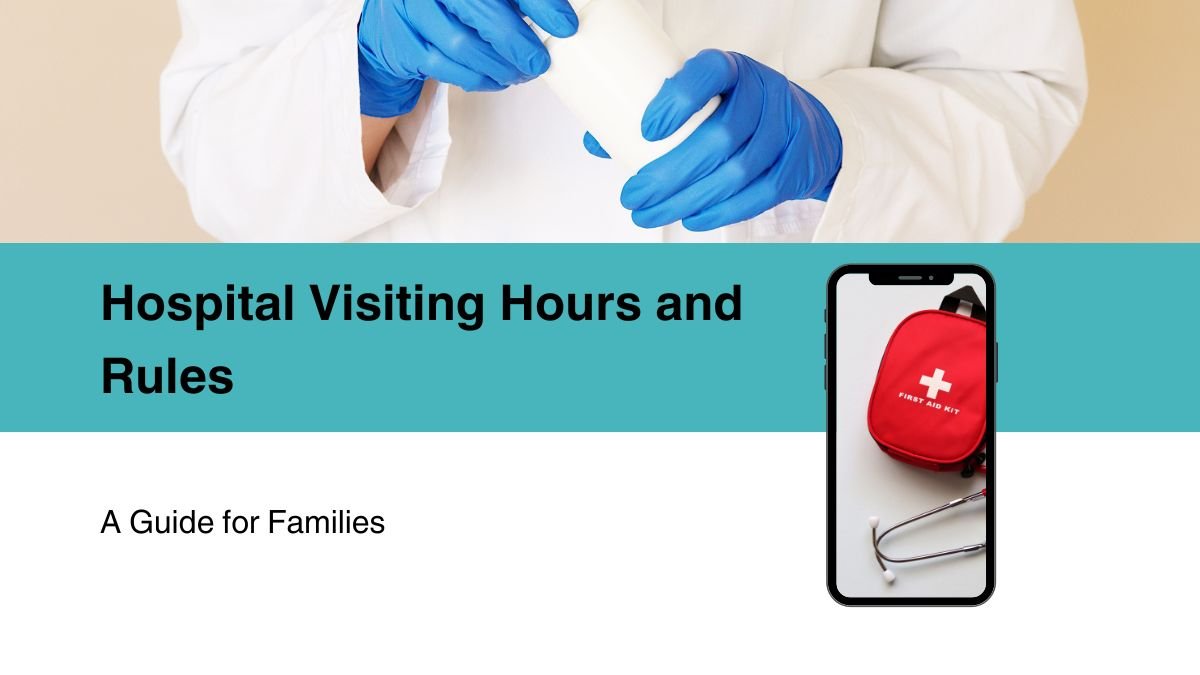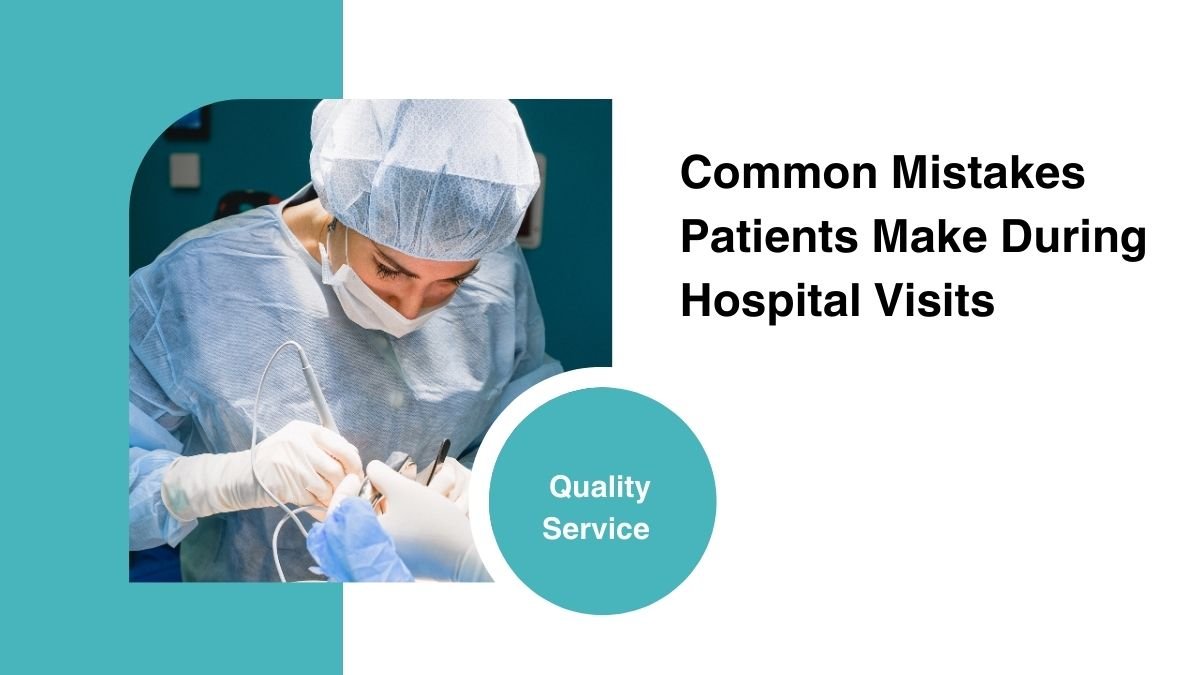How to choose the right doctor in a hospital
Whenever we have to get treatment in a hospital, the first and foremost thing is – “Which doctor to go to?” Choosing the wrong doctor can not only prolong the treatment but can also increase unnecessary expenses and troubles. On the other hand, the right doctor helps you recover faster, get treatment in the right direction and give you mental peace.
1. Qualification and experience – Basic identity of the doctor
First of all, find out about the education, training and certification of the doctor.
- Which medical college or university has he studied from?
- Does he have special experience related to your disease?
- How many years has he been practicing and what kind of cases does he handle more?
If your case is complex, try to choose a specialist of that disease. For example, orthopedic for bone problem, cardiologist for heart, etc.
2. Specialization – Doctor according to your disease
Every doctor has a special field in which he is better.
- If you have a general health problem, then a general physician will be fine.
- If the problem is serious or chronic, then get treatment from a specialist in the same field.
You can know about the areas of expertise of the doctor by looking at the information given on his website or hospital panel.
3. Patient experience – reliable feedback
Nowadays it is easy to read online reviews.
- Check the experience of patients on Google, hospital website or health portal.
- Pay attention to both good and bad feedback so that you get a balanced opinion.
If many patients are complaining about the same thing, like not giving time or not listening properly, then it may be a sign that you should look for another option.
4. Way of talking – a factor that increases your trust
A good doctor does not just treat you, but also listens to you carefully and explains things to you.
- Does the doctor interrupt you or listens carefully?
- Does he explain the disease and treatment in simple language?
- Are you able to ask him questions openly?
The first meeting will give you an idea of whether you will be comfortable with the doctor for a long treatment or not.
5. Hospital affiliation and facilities
- See if the hospital where the doctor works has the facilities according to your needs.
- Does the hospital have emergency facilities, ICU, and necessary equipment?
- Does the doctor have privileges to perform operations or necessary treatments there?
Along with having a good doctor, the right hospital is also equally important, because treatment is done with teamwork.
6. Insurance and expenses
If you have health insurance, find out in advance:
- Does the doctor accept your insurance?
- What treatments are covered in your plan and what you will have to pay for yourself?
This can help you avoid sudden heavy expenses.
7. Get trusted recommendations
- Often we get information about the best doctor from our acquaintances, friends or family.
- Take recommendations from your primary doctor or a trusted medical professional.
- Seek advice from people who have recently been treated for the same problem.
8. Don’t ignore your intuition
Sometimes all the facts are correct, but your gut says “This doctor is not right for me.”
When you trust someone, and have a fairly easy conversation with them, think that it is a suitable sign.
If doubt exists in your mind, it may be advisable to consider other options.
Additional recommendations
- Check out the doctor’s availability and how easy it is to book an appointment.
- If language is a problem, find a doctor who speaks your preferred language.
Conclusion – Choosing a doctor is an investment
The right doctor can be your partner for your entire health journey, not just for a one-time ailment.
So:
- Check their qualifications and experience.
- Read patient feedback.
- Check their communication style and behavior.
- Pay attention to the hospital and insurance coverage.
- And finally, value your feelings and instincts.
Your health is most precious, and it is your responsibility to give it in the right hands.









